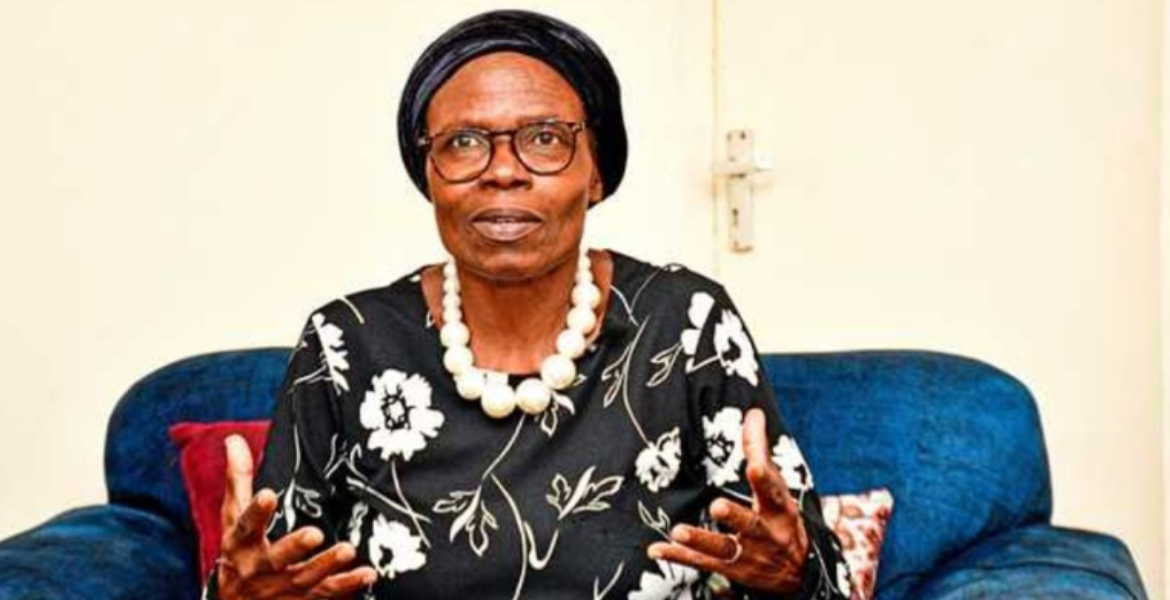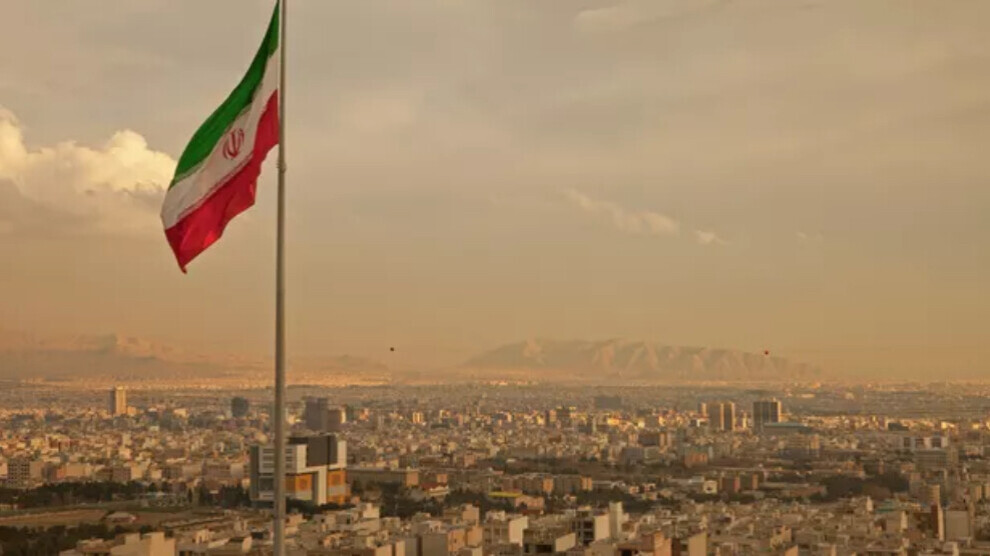





Saudi Arabia's NEOM project is facing concerns over the design and cost of its horizontal skyscraper, known as The Line, according to a report by Breaking Latest News [256b13e7]. Planners of the NEOM project are worried that the lower levels of the parallel structures will receive little natural light, which may deter potential residents. The first 2.5 kilometers of the project alone could cost over $100 billion, raising questions about the feasibility and practicality of the project. Critics argue that the NEOM project is too expensive and isolated, with an estimated cost of over $1.5 trillion, far exceeding the official estimate of $500 billion. NEOM representatives have declined to comment on these concerns [256b13e7].
This development adds to the existing criticism of the NEOM project, which has faced scrutiny for its use of lethal force and human rights violations. Former Colonel Rabih Alenezi, who is now in exile in the UK, revealed that he and his colleagues were given a 'license to kill' to evict villagers for the project [5e29c6b9]. The Saudi government claims that only 6,000 people will be relocated, but human rights organization ALQST says the number is much higher [5e29c6b9]. Additionally, Saudi Arabia has recently executed seven men on terrorism-related charges, marking the largest execution in years [9bd667b5]. The European-Saudi Organisation for Human Rights (ESOHR) has raised questions about the justification for the death penalty in these cases [9bd667b5].
In a global context, other countries have also faced criticism for their use of capital punishment. Singapore recently executed Ahmed Salim, a prisoner of Bangladeshi origin, for the murder of his ex-partner [63c99e71]. Human rights groups, lawyers, and the United Nations have called for the abolition of the death penalty in Singapore, which has some of the most draconian anti-narcotics laws in the world [63c99e71]. Meanwhile, Iran has seen a significant increase in executions, with at least 834 people executed in 2023, representing a 43% increase compared to the previous year [7057b304]. The reasons for these executions include drug-related charges, murder charges, security-related charges, rape charges, blasphemy charges, and adultery charges. The report also noted that at least 22 women were executed in 2023, the highest number since 2013 [7057b304].
Amidst these global concerns about the death penalty, a Kenyan man named Stephen Bertrand Munyakho is facing possible execution in Saudi Arabia on May 15, 2024 [6abd0f3c]. Munyakho was convicted of murder under Sharia law and sentenced to death by beheading. His family is desperately trying to raise the required blood money to secure his release, but they are still short of the required amount [6abd0f3c]. Munyakho's case highlights the challenges faced by individuals who are sentenced to death in foreign countries and the efforts made by their families to save them from execution [6abd0f3c].